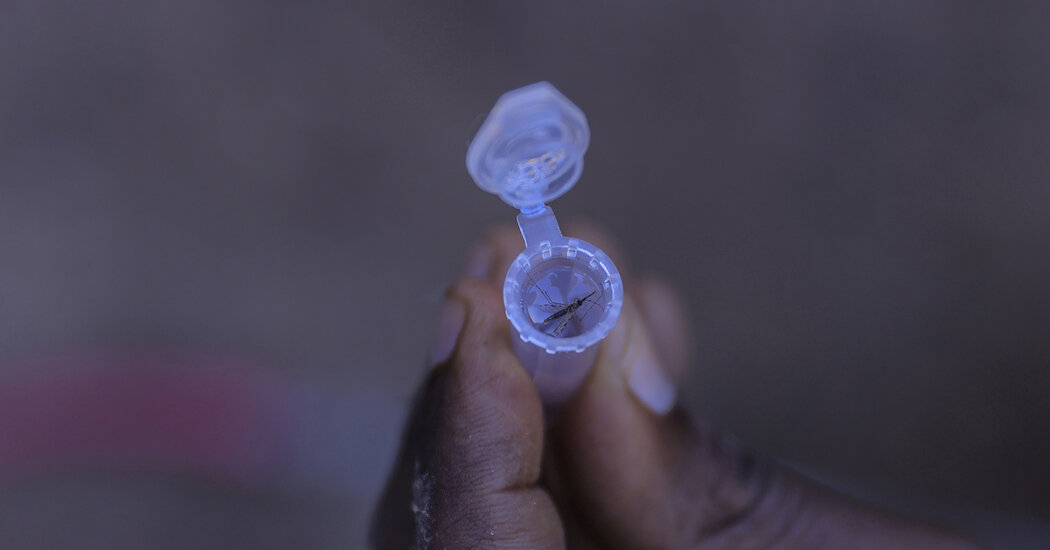Climate change, civil conflict and growing resistance to insecticides and treatments are all contributing to an alarming spread of cases.
Malaria infection rates are soaring in Ethiopia, where a combination of armed conflict, climate change and mosquitoes’ growing resistance to drugs and insecticides has accelerated the spread of a disease the country once thought it was bringing under control.
More than 6.1 million malaria cases, and 1,038 deaths, have been recorded in the country this year through the end of September, compared with 4.5 million cases, and 469 deaths, for all of 2023. Worse, cases are likely to soar far higher in the next couple of months because peak malaria season, driven by seasonal rains, begins in September and runs through the end of the year.
“We’re backsliding so fast — we’ve gone back a decade,” said Fitsum Tadesse, the lead scientist overseeing the malaria program at the Armauer Hansen Research Institute in Addis Ababa, the capital of the country.
The malaria surge in Ethiopia could prove to be a harbinger for other countries in the region, where the same underlying biological factors exist, and war and climate change are making more people vulnerable.
Dr. Tadesse believes some of the rise in cases in Ethiopia is due to growing drug resistance: The parasites that cause malaria in East Africa are increasingly resistant to treatments that have long been the bedrock of the response.
At the same time, mosquitoes are becoming more resistant to the insecticides that are used on protective bed nets and in indoor spraying programs. And they have evolved to evade diagnosis by some of the most common malaria tests.
